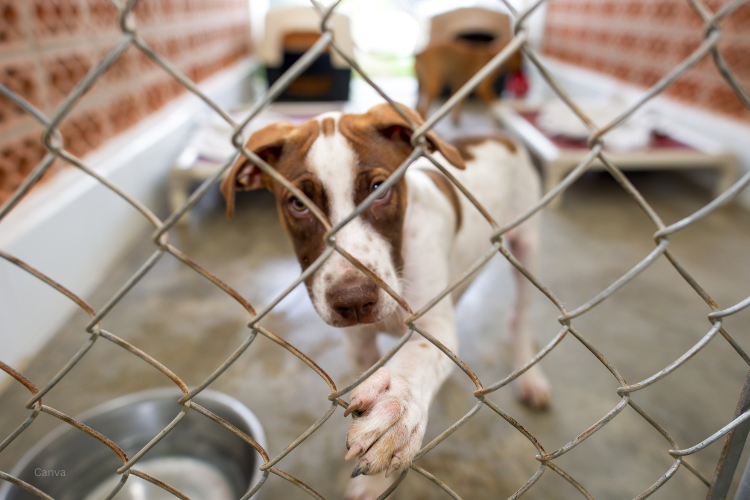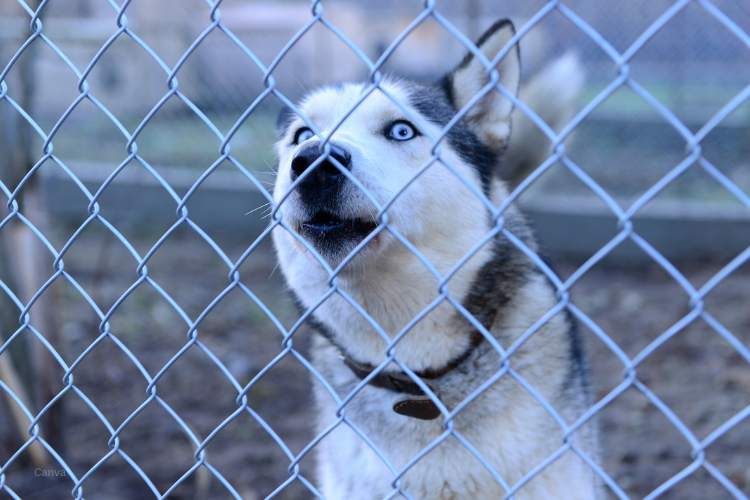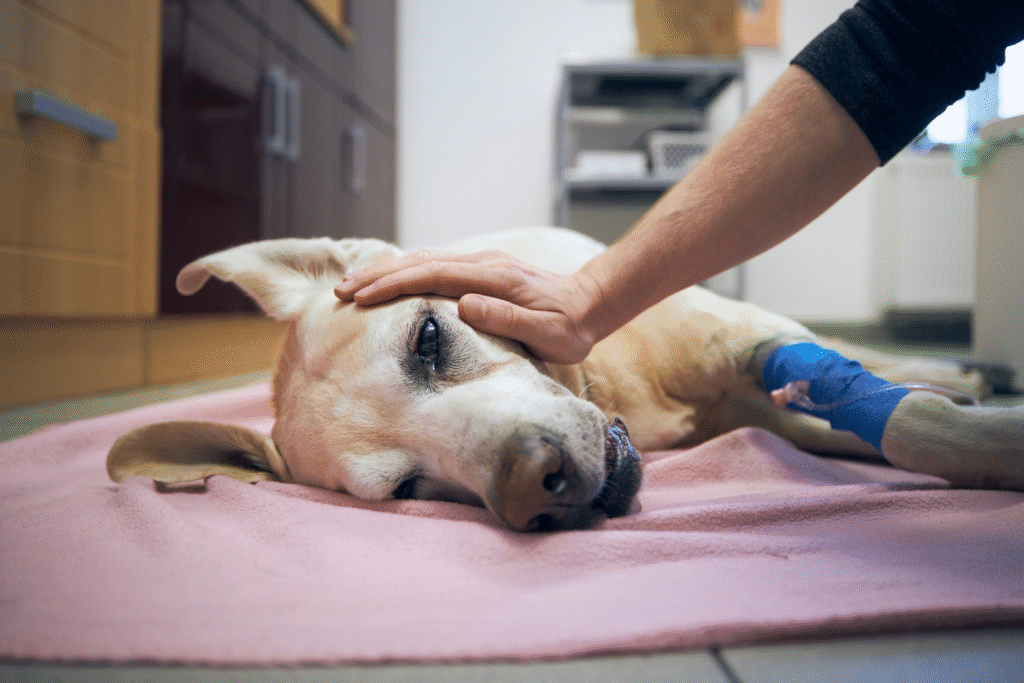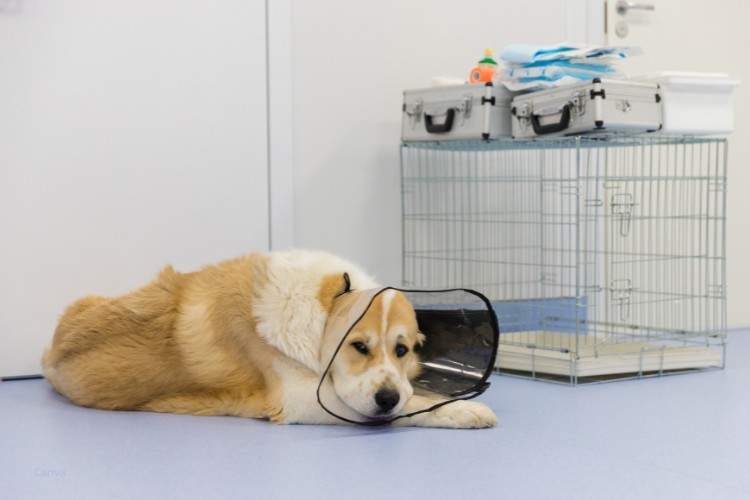Hidden risks that may surprise dog owners.

When you hand over your dog to a boarding facility you trust someone else with their care, but that trust comes with conditions that aren’t always obvious. The environment, the routine, the other dogs, and even subtle changes in food or supervision can all combine to produce outcomes you wouldn’t expect. Understanding why boarding can be a bad option under certain circumstances gives you power in decision-making and helps you avoid unexpected stress, illness or behavioural issues for your companion.
1. Boarding environments often trigger significant stress in dogs.

Dogs moved into boarding settings frequently show elevated cortisol levels, indicating stress responses that far exceed home levels, as studied in welfare research. That means the unfamiliar sights, smells and routines don’t just make them “a bit uneasy” — they can cause measurable distress. When you consider boarding for your dog you’re also accepting a spike in stress and the knock-on effects on mood, appetite and behaviour.
2. Exposure to contagious illnesses increases substantially at boarding facilities.

Communal housing mixed with kennels, play areas and other dogs amplifies the risk of infections according to pet care reviews. In that context your dog might face kennel cough, parasites or other illnesses even when vaccinated. Boarding may therefore carry a hidden health cost you didn’t anticipate.
3. Lack of individual attention compromises welfare during a stay.

Many facilities struggle to maintain staff-to-dog ratios and personalised care, as discovered by kennel-welfare studies. Your dog might spend long periods without human interaction or proper monitoring, which can lead to anxiety or overlooked health issues. It’s easy to assume “they’re being looked after” but the reality may fall short of what your dog normally receives at home.
4. Routine disruption can lead to behaviour problems when boarded.

When your dog’s chances for sleep, feeding and play differ from home their internal rhythm shifts and may trigger unwanted behaviours. A temporarily altered routine can lead to barking, pacing, withdrawal or even aggression. If your dog thrives on consistency–and most do–boarding may add risk beyond the obvious.
5. Boarding facilities may not match your dog’s exercise or social needs.

A facility might group all dogs together or use generic playtime schedules that don’t suit your dog’s energy level or temperament. Too much or too little activity can both be problematic: over-stimulation may lead to injury or exhaustion, under-stimulation to boredom and destructive behaviour. When you board your dog you’re entrusting their physical routine to someone else’s approximation of your standard.
6. Anxiety or fear may build if your dog isn’t accustomed to kennels.

For dogs unused to confinement, strange noises, other dogs and unfamiliar routines the boarding stay itself can escalate anxiety. They might hide, refuse food or become hyper-vigilant. If your dog has never been prepared for a boarding environment this jump can magnify stress rather than reduce it.
7. Oversight errors and safety lapses can happen during boarding stays.

Managing many animals in a facility increases the chance of overlooked injuries, escapes, inappropriate mixes of dogs or neglect of preventive care. Even minor lapses—sharp corners, ill-fitted pens, shared toys—can turn into serious issues. While most facilities aim for best practice, the scale alone introduces risk.
8. Boarding may inadvertently reinforce separation anxiety when you return.

Ironically after a stay your dog may cling more, panic when you leave or show behavioural regression because being apart at the facility altered their mindset. The disruption of being without you can amplify attachment problems rather than solve them. If your dog already has separation sensitivity boarding could worsen it.
9. Cost savings may mask hidden long-term expenses linked to boarding.

You may think boarding is simply a convenience, but if your dog gets ill, develops behavioural issues or suffers an injury during boarding the financial and emotional costs rise. The cheap nights might look harmless until you factor health bills, retraining or extended recovery.
10. Home-based alternatives can offer better comfort and security for your dog.

When you review these risks you might realise that in-home care, pet sitters or trusted family stays offer superior familiarity and peace of mind for your dog. Keeping your dog in a known environment often reduces stress, controls routine and minimises exposure to illness or behavioural hazards.
